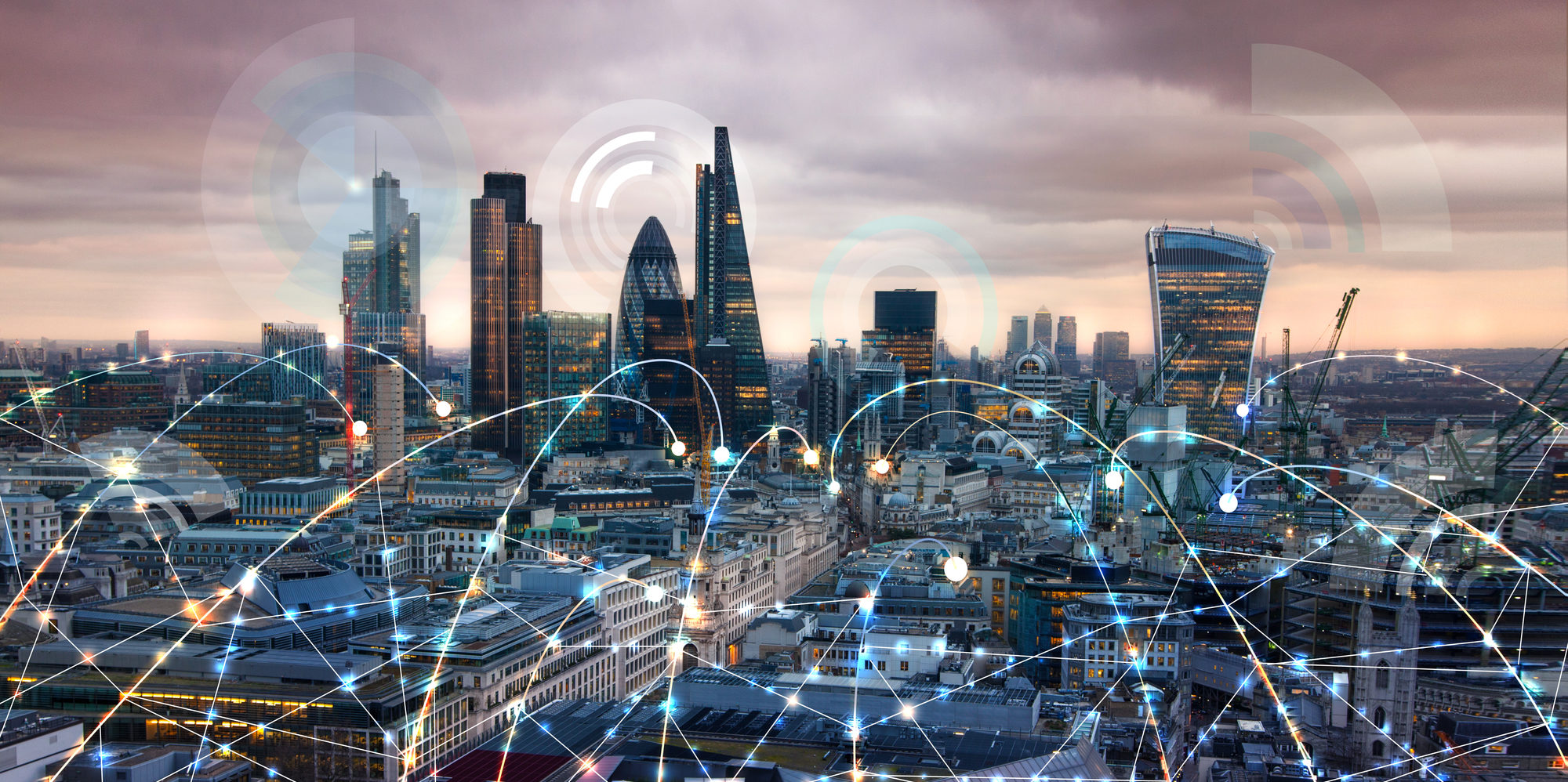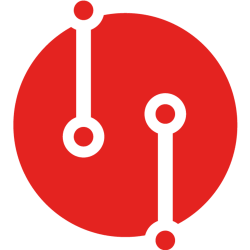
The London Digital Twin Research Centre would like to extend an invitation to all the Digital Twin researchers and enthusiasts from industry and academia to attend our annual 2021 workshop which is held online on June 4th, 2021. This virtual “Workshop on Transforming Industry and Society with Digital Twins” brings together experts from industry and academia to share their valuable insights regarding the adoption of the Digital Twin technology across different industries, from structural health monitoring, pandemic management, smart campuses through to health and wellbeing. The domains covered in this event provide opportunities and research challenges that the future maturation of digital twin technology demands. The virtual workshop represents an excellent opportunity for networking for Digital Twin enthusiasts to share ideas for future developments in digital twins.
Programme: DT workshop_June2021
Eventbrite registration (free): Link
Time/date: 10am-4pm on 4th June 2021
Update after the workshop [9 Jan 2021]: news on workshop
Digital Twin has been identified as a top ten Gartner Trend in 2019 and its position at the convergence of economic drivers and underpinning technology maturation supports its use in a wide variety of domains. While DT technology originates from the manufacturing domain it now represents great potential to reshape the future across other diverse domains where there is need to examine virtual interactions with the physical environment. Popularly, the digital twin concept goes beyond the traditional computer-based simulations and analysis and it represents a two-way communication bridge between the physical world and the digital world. The physical object exists in symbiotic relationship with its digital counterpart, being connected through real-time data communications and information transfer. The existence of Digital Twins is enabled by parallel advances in arrange of technologies including: Internet of Things (IoT), Artificial Intelligence (AI), Augmented Reality (AR), Virtual Reality (VR) and Big Data Analytics. Different configurations of technology provide new opportunities for use but new domains of use also require new advances in supporting technology.

